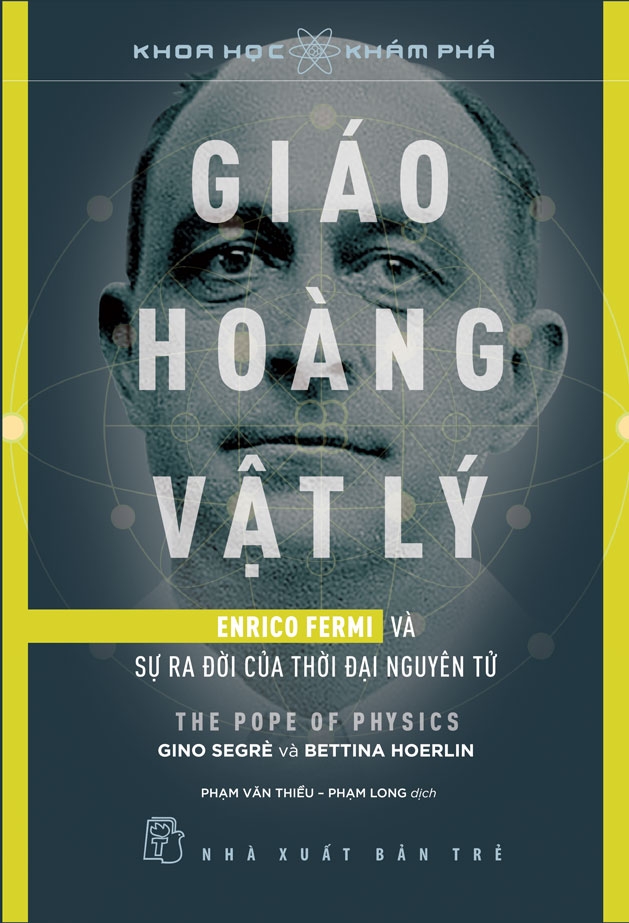What do you think?
Rate this book


488 pages, Paperback
First published October 18, 2016
Although advancing science was always Fermi's driving force, he was optimistic that the progress along these paths would eventually benefit society as a whole. In fielding questions such as "What does it matter?" about the development of new tools, he answered as follows in a 1952 speech at the University of Rochester:
The history of science and technology has consistently taught us that scientific advances in basic understanding have sooner or later led to technical and industrial applications that have revolutionized our way of life. It seems to me improbable that this effort to get at the structure of matter should be an exception to this rule.
Remembering also how physics had contributed to the development of weapons, Fermi concluded with a warning for his audience, "What is less certain, and what we all fervently hope, is that man will soon grow sufficiently adult to make good use of the powers that he acquires over nature." It is probably as close a Fermi ever got to imparting a moral and cautionary message regarding scientific advances.